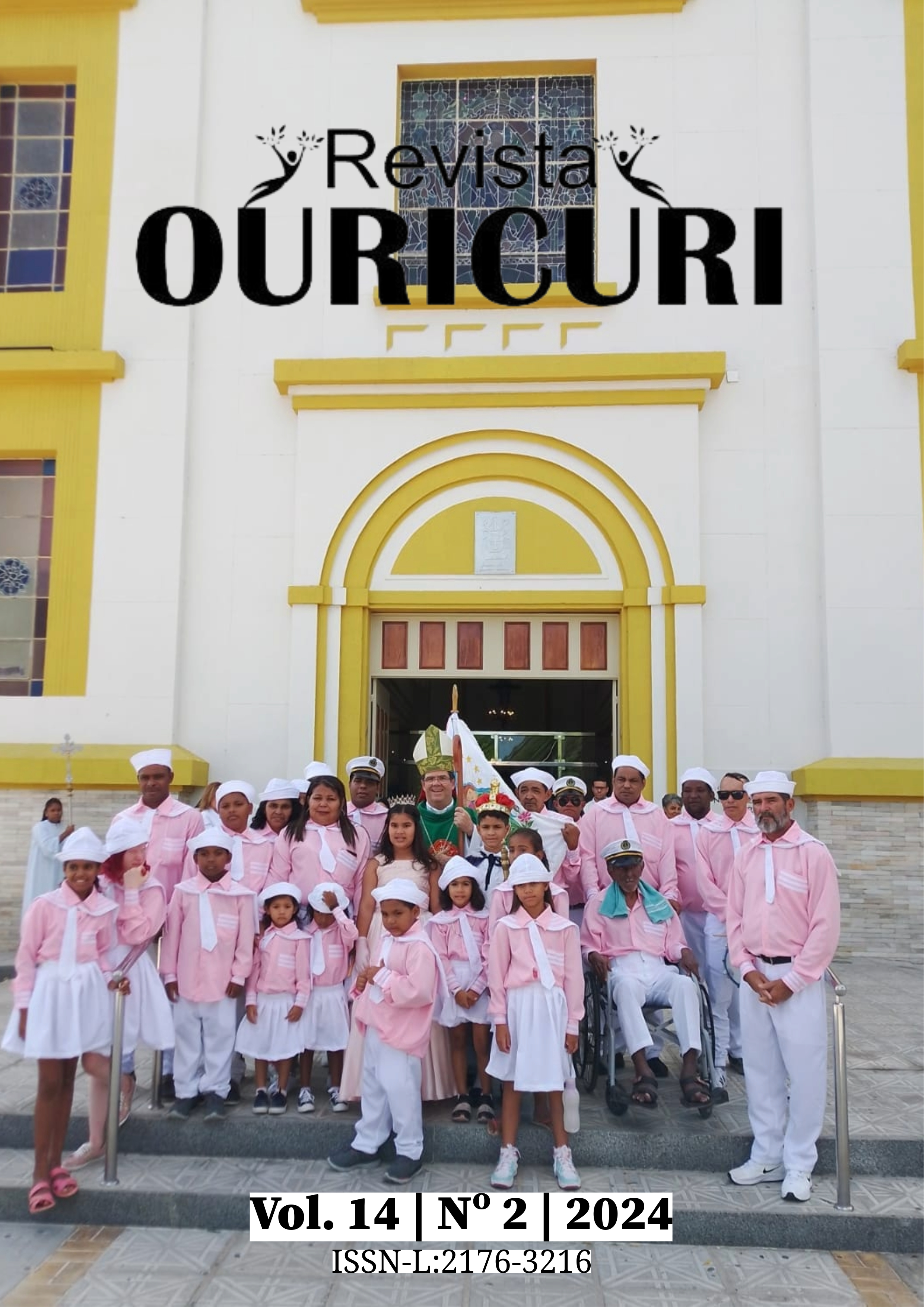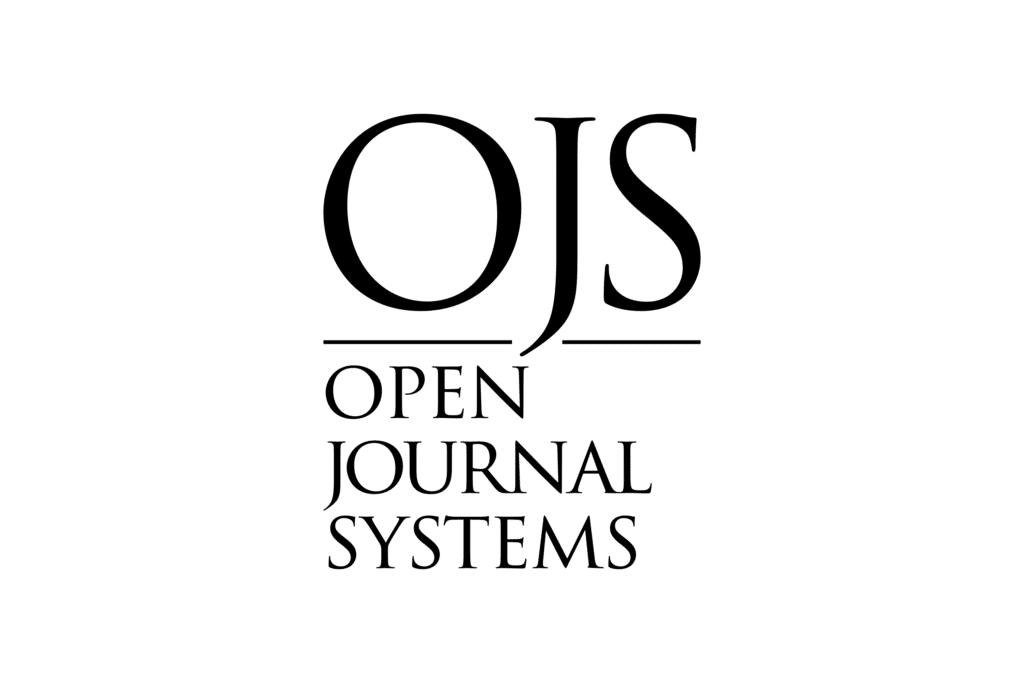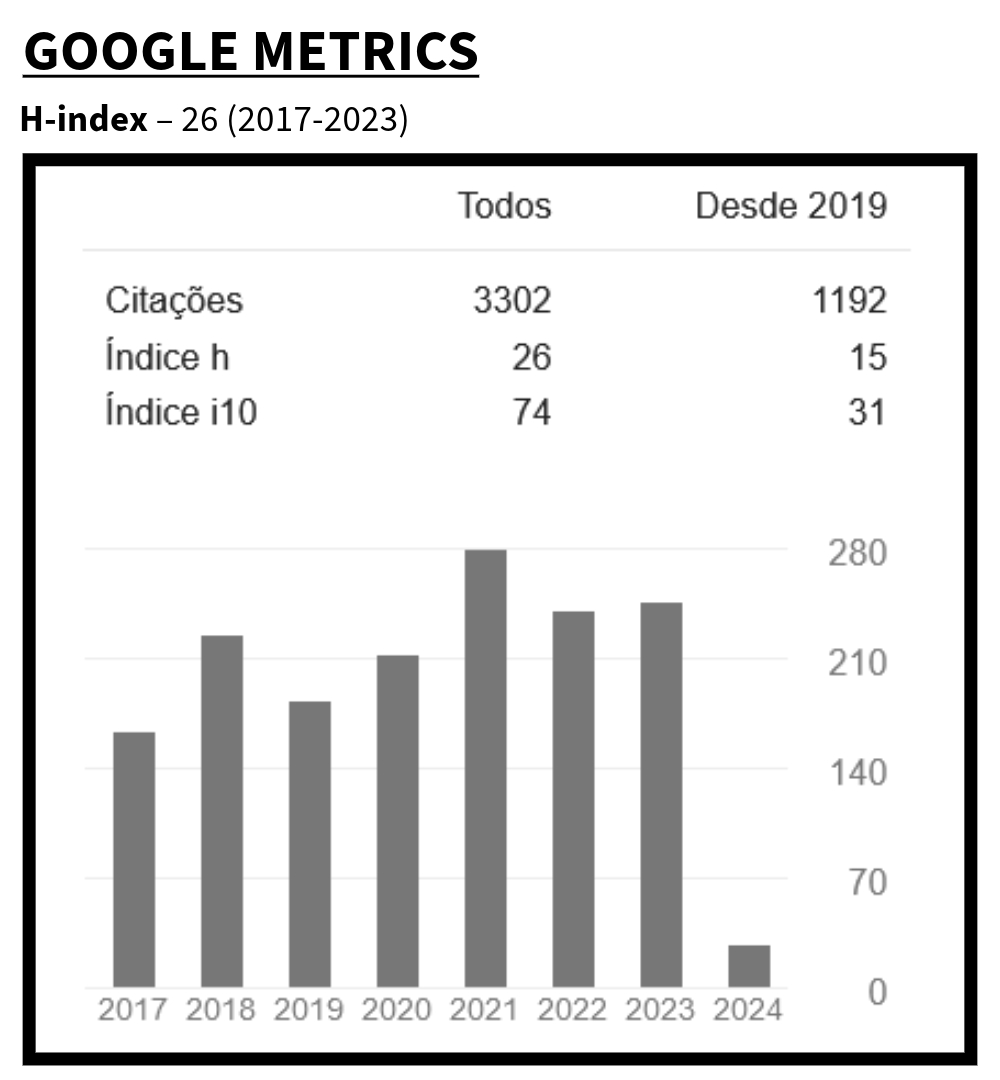Integral Education, Management and Citizenship In Rural Areas
an interdisciplinary approach
DOI:
https://doi.org/10.59360/ouricuri.vol14.i2.a22085Keywords:
Interdisciplinaridade, formação integral, participação socialAbstract
This article aims to investigate the interrelationship between integral education, school management and citizenship in the context of rural education, using an interdisciplinary approach. The research analyzes the Municipal Curriculum Reference (RCM) and the Pedagogical Political Project (PPP) of a rural school to understand how these guiding documents incorporate and promote integral education, pedagogical management and the development of citizenship among students. Adopting the method of documentary research, the study uses primary sources such as the RCM and the PPP to examine pedagogical and curricular guidelines. The analysis was carried out based on categories such as interdisciplinarity, integral education and social participation, with the objective of identifying principles and practices that favor the integral formation of the subject and the construction of an active citizenship. The preliminary results indicate that, despite the clear guidelines for integral education, there are challenges in the implementation of these practices, especially in the articulation between areas of knowledge, school management and the sociocultural reality of the rural areas. The conclusions highlight the need for greater integration between the school curriculum and community experience, in addition to the strengthening of public policies that ensure citizenship education and the permanence of students in school. This study contributes to the debate on the specificities of education in the rural areas, highlighting the importance of effective management and pedagogical practices that promote the inclusion and full development of subjects in their local contexts.
Downloads
References
ARROYO, M. Políticas de formação de educadores(as) do campo. Cad. Cedes, Campinas, v. 27, n. 72, maio/ago, 2007. p. 157-176. Disponível em: http://www.cedes.unicamp.br/. Acesso em: 20 out. 2024
BARDIN, L. Análise de conteúdo. Lisboa: Edições 70, 2015;
BRASILEIRO, L. F. Pesquisa qualitativa: uma análise introdutória. In: LUDKE, M.; ANDRÉ, M. E. D. A. Pesquisa em educação: abordagens qualitativas. São Paulo: EPU, 2012. p. 49-62;
CALDART, R. S. Educação do Campo: notas para análise de percurso. Educação do Campo: Semiárido, Agroecologia, Trabalho e Projeto Político Pedagógico. Coleção Cadernos Temáticos. Santa Maria da Boa Vista–PE, 2010.
COGO, T. P.; CARDOSO, J. B. Educação do Campo: uma análise crítica sobre a representação da modalidade na BNCC brasileira em tempos de neoliberalismo. Revista Educación, Política y Sociedad, v. 8, n. 2, p. 121–155, 2023. Disponível em: https://revistas.uam.es/reps/article/view/16947. Acesso em: 8 nov. 2024.
COLARES, M. L. I. S.; CARDOZO, M. J. P. B.; ARRUDA, E. P. de. Educação integral e formação docente: questões conceituais e legais. Revista Ibero-Americana de Estudos em Educação, Araraquara, v. 16, n. esp.3, p. 1529–1546, 2021. DOI: 10.21723/riaee.v16iesp.3.15296. Disponível em: https://periodicos.fclar.unesp.br/iberoamericana/article/view/15296. Acesso em: 7 nov. 2024.
DEWEY, J. Democracia e Educação. São Paulo: Editora Melhoramentos, 1997
FAZENDA, I. C. A. Interdisciplinaridade: um projeto em parceria. Coleção Educar. v. 13,
São Paulo: Loyola, 1991.
FREIRE, P. Pedagogia do Oprimido. Rio de Janeiro: Paz e Terra, 1996.
FREIRE, P. Pedagogia da esperança: um reencontro com a pedagogia do oprimido. 21 ed. Rio de Janeiro: Paz e Terra, 2014.
GADOTTI, Moacir. Educação para a Sustentabilidade: Uma Questão de Cidadania. São Paulo: Cortez, 2000.
GIL, A. C. Como elaborar projetos de pesquisa. 4. Ed. São Paulo: Editora Atlas, 2002.
GONÇALVES, C. A.; SÔNEGO, F. Educação integral: qual a relevância para o desenvolvimento dos alunos. Disciplinarum Scientia, v. 24, n. 1, p. 155-174, 2023.
LIBÂNEO, J. C. Didática. São Paulo: Cortez, 2004.
NOGUEIRA, M. Educação e Cidadania: Reflexões e Práticas. Campinas: Papirus, 2003.
OLIVEIRA, B. R. S.; FERNANDES, R. A.; DOURADO, R. de C. S. Educação Integral em tempo ampliado: uma abordagem acerca da Educação do Campo. In. SILVA, S. C. C. G. da; SILVA, L. de M.; LIMA, V. G.; CARVALHO, M. V. L.; Educação, Políticas Públicas e Religião: Diálogos Interventivos. V. 3, Santo Ângelo: Metrics, 2024.
ROSA, G. G.; LIMA, N. W.; CALVACANTI, C. J. DE H. De que cidadania estamos falando? uma revisão de literatura das pesquisas em educação em ciências com perspectiva de formação para cidadania. ENSAIO - Pesquisa em Educação em Ciências, Belo Horizonte, v. 25, p. e45653, 2023.
SANTOS, B. S. A Universidade no Século XXI: Para uma Universidade Nova. Porto: Edições Afrontamento, 2006.
SANTOS, M. A Natureza da Escola e a Pedagogia da Inclusão. São Paulo: Editora Brasiliense. 2007.
SAVIANI, D. Antecedentes, origem e desenvolvimento da pedagogia histórico-crítica. In:
MARSIGLIA, A. C. G. (Org.). Pedagogia histórico-crítica: 30 anos. Campinas: Autores Associados, 2011. pp. 197-226
SOUZA, M. A. de et al. Interdisciplinaridade e práticas pedagógicas: O que dizem os professores. Revista Portuguesa de Educação, v. 35, n. 1, p. 4-25, 2022.
TAVANO, P. T.; ALMEIDA, M. I. de. Currículo: um artefato sócio-histórico-cultural. Rev. Espaço do Currículo, v.11, n.1, p. 29-44, João Pessoa, jan./abr., 2018.
TEIXEIRA, A. Educação e Nacionalidade. São Paulo: Companhia Editora Nacional, 1962.
Published
How to Cite
Issue
Section
License
Copyright (c) 2025 Ouricuri Magazine

This work is licensed under a Creative Commons Attribution 4.0 International License.
Authors who publish with this journal agree to the following terms:
a. Authors retain copyright and grant the journal right of first publication with the work simultaneously licensed under a Creative Commons Attribution License that allows others to share the work with an acknowledgement of the work’s authorship and initial publication in this journal.
b. Authors are able to enter into separate, additional contractual arrangements for the non-exclusive distribution of the journal’s published version of the work (e.g., by posting it to an institutional repository or publishing it in a book), with an acknowledgement of its authorship and initial publication in this journal.
c. Authors are permitted and encouraged to post and distribute their work online (e.g., in institutional repositories or on their website) at any point prior to and during the editorial process, as it can lead to productive exchanges, as well as earlier and greater citation of published work (See The Effect of Open Access).













 B1 (2017-2020)
B1 (2017-2020)


















